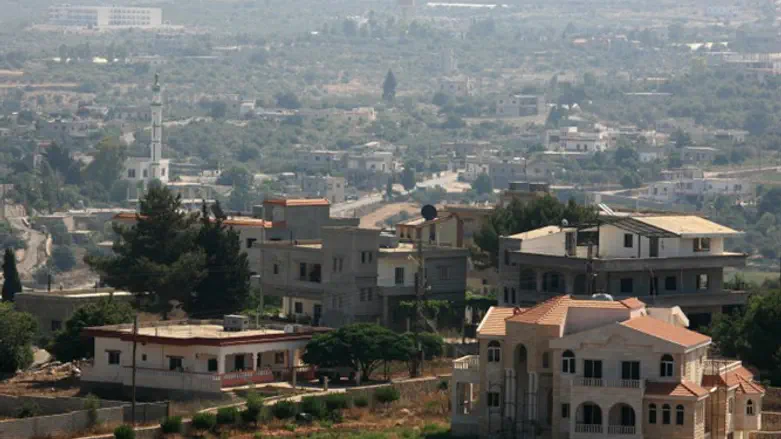
Ten years ago a cross-border raid from Hezbollah-controlled south Lebanon triggered the 2nd Lebanon War. The conflict lasted for 34 days and cost the lives of 165 Israelis, out of whom 121 were IDF soldiers and 44 civilians. The Lebanese suffered much higher casualties: around 1,200 civilians and roughly 600 Hezbollah terrorists were killed and the Lebanese infrastructure was partially destroyed.
More than 4,000 rockets were fired at northern towns in Israel and this was the first time the country was under continuous attack for such a long period. In 2006 there was no Iron Dome and there was no protection against the short-range rockets, the Israelis in range of the Katyushas had to live in bunkers during the war.
The conflict ended on the 14th of August 2006 after both Lebanon and Israel accepted UNSC Resolution 1701. For Israel, the 2nd Lebanon War was perhaps the biggest missed opportunity in modern history. This was the first major conflict in which there were no clear targets and strategy defined and also the first war in which the political leadership was blinded by the fear of failure.
When the war started, the Israeli public was confident but the mood quickly changed after realizing that the rain of rockets on the home front was not coming to an end. It was clear that the airstrikes on Lebanese territory would not be enough, but the leadership lacked the courage to send the army deep into enemy territory and fight the guerilla war in which the technological superiority of the IDF would not be enough to prevent several hundreds of Israeli soldiers killed.
During the war Hassan Nasrallah was hiding in his underground bunkers, surprised by the intense Israeli response to the raid executed by his people. A few days after the outbreak of the war, many others were also surprised and were asking: where are the Israeli soldiers? Isn’t the goal clear, that is: temporarily invade south-Lebanon, eliminate the leadership of Hezbollah, kill Nasrallah and as many terrorists as possible, and destroy the infrastructure of Hezbollah? No, it was not clear. Israel was trying to win this war in the air, sent in around 10 thousand ground troops and only realized in the last few days that at least 30 thousand are needed to get the job done because this is a guerilla war.
The huge missed opportunity was the elimination of Hezbollah, including Nasrallah. South Lebanon is not Iran, it is right next to Israel, both within the reach of the IAF and the ground forces. The cross-border raid by Hezbollah was a casus belli and the big difference compared to previous conflicts was that in this case the whole civilized world understood that Israel had the right to fight and finish this war. The West clearly stood next to Israel, even Russia was not in a hurry to intervene for a ceasefire and this time it was impossible to sell the cross-border raid by Hezbollah as an act of resistance against occupation.
But since the political leadership, led by then prime minister Ehud Olmert was afraid of the possibility of a high number of Israeli casualties, the war was never really finished. A ceasefire went into effect but Nasrallah is still there, Hezbollah is still there and the rockets are still there.
A documentary titled “Reporting for Duty” was shot about the war from the perspective of 3 IDF reservists. One of them tells a short story about he and his men running out of food in Lebanon. He explains that they searched and found some supplies in the basement of a house. But they didn’t want to just take it so they asked the people living in the house, who, of course, let them take the food and water. The soldiers collected what they needed and one of them gave an Israeli phone number to the people living in the house in hope that one day when there will be peace between Lebanon and Israel, he can pay for the supplies.
10 years on we are not at all closer to this day. But we are still hoping that his phone will ring sometime in the future and the Lebanese family, who helped his unit out during the war, will be able to visit him in Israel.
